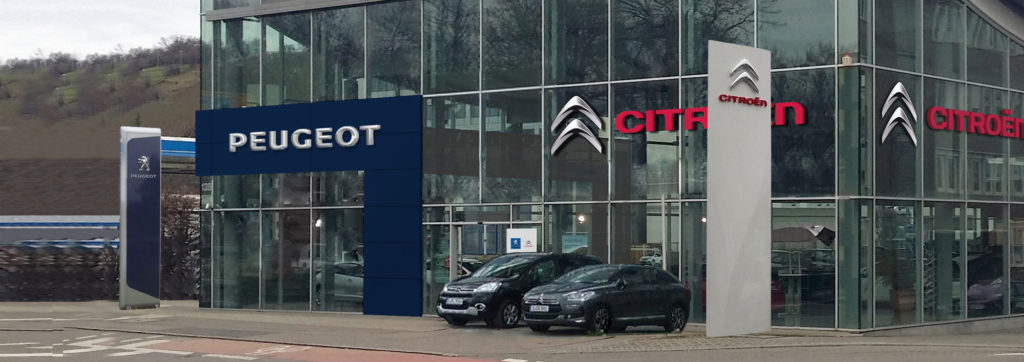PSA Group could end diesel production as Nissan states 2025 as year for electric cars
20 February 2018

20 February 2018
PSA Group could be about to end its involvement with diesel and instead focus on electric and hybrid technology, according to reports in France.
The company is about to launch a new diesel engine, the BlueHDi 1.5-litre, which will be used through its Peugeot, Citroen and Opel brands. However, this could also be the company’s last oil-burner.
According to Patrice Marez, the company’s leading powertrain expert, the development of the new engine has cost the company a lot, especially as it needs to comply with strict emissions rules in a world where the technology is coming under increasing scrutiny. Speaking to L’Auto Journal, he suggested that ′redeveloping a new diesel engine is now not a priority.’
The company currently relies on diesel power, with 47% of its vehicle sales featuring the technology. However, as part of the group’s Push to Pass strategic plan, it expects 50% of the production of all its brands will be made with only full electric or hybrid drivetrains. Speaking at the Detroit motor show early in 2018, CEO Carlos Tavares suggested the company was targeting 100% electrification by 2025.
The move may have been seen as bold up until a few months ago, as France was very much reliant on diesel. However, the market share of the fuel in the country fell below 50% for the first time since 2000. Registrations declined 5% for the year to 47% of all sales. Therefore moving away from diesel would make sense for a company looking to cut costs and improve profitability.
The company’s latest brand, Opel, has announced that it will build a fully electric version of the Corsa model in 2020, to rival the Nissan Leaf and Renault Zoe. In a statement, Opel said all versions of the Corsa would be built in its factory in Zaragoza, Spain, making the plant the first PSA Group factory in Europe to produce a full-electric Opel/Vauxhall model.
As part of its PACE! turnaround plan, Opel plans to offer electrified versions of all its product lines by 2024. The automaker will offer battery-electric or plug-in hybrid versions alongside models with internal combustion engines. By 2020, Opel will have four electrified car lines, including a plug-in hybrid version of the Grandland X SUV.
While the French company pushes forward with its electrification plans, Japanese manufacturer, Nissan believes it will not be until 2025 that electric vehicles (EVs) will reach price parity with traditional engines.
Daniele Schillaci, executive vice-president at the Japanese carmaker, told the Financial Times that the prices of battery vehicles and traditional cars would draw level in 2025, ending the need for government subsidies that currently support the majority of electric car sales. We think that 2025 will be the turning point where the cost of an EV [electric vehicle] car, the same EV and internal combustion engine, will be the same, which will be a turning point for the customer.’